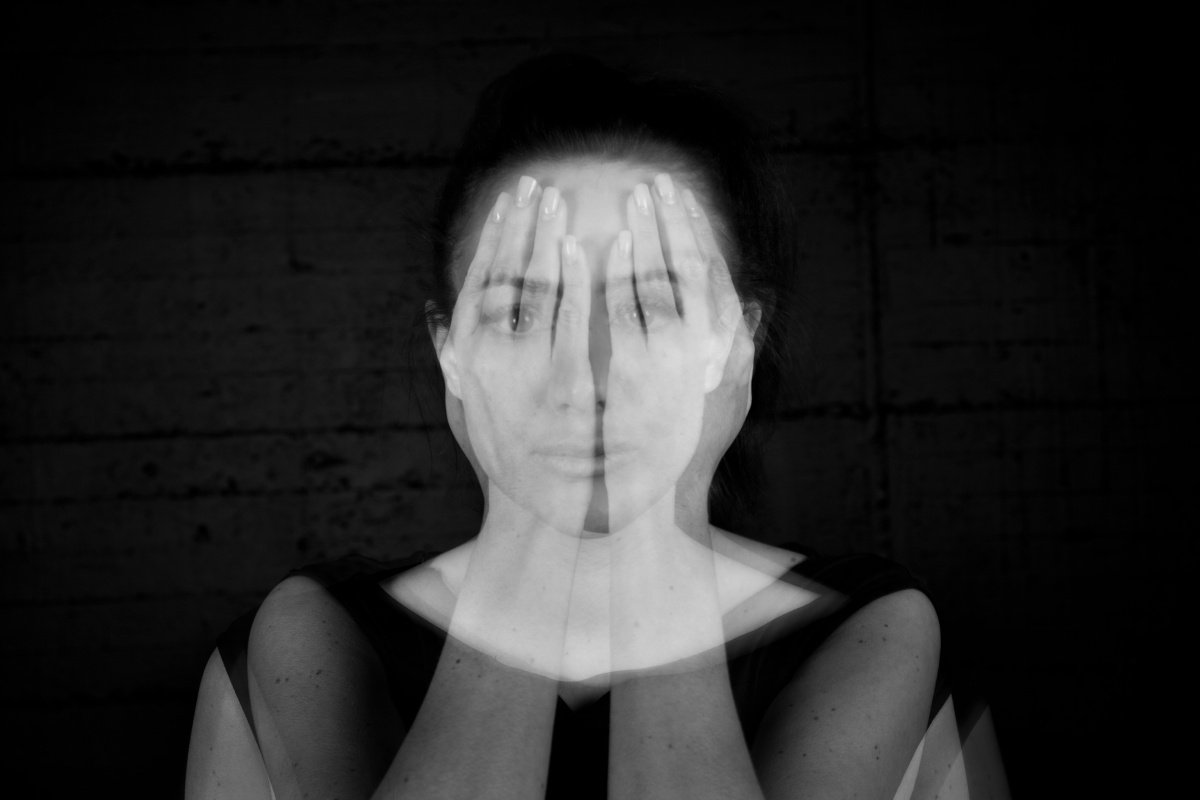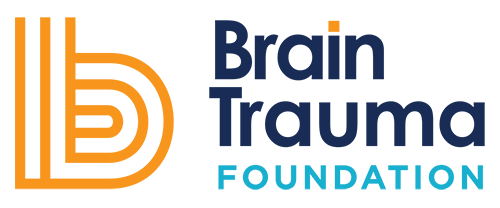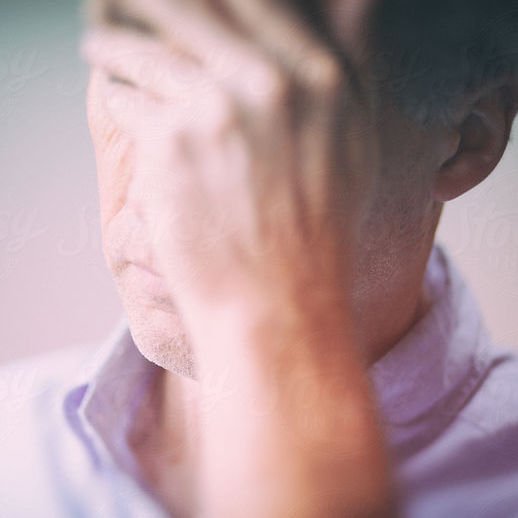
Concussion Unpacked
The most underreported, under diagnosed and underestimated brain trauma by far is concussion. Concussion accounts for 90% of TBI with millions of trauma cases every year. Through our field research, outreach, and education, Brain Trauma Foundation is leading the charge to better prevent, diagnose, and manage concussion.
What is a concussion?
A change in brain function following an external force to the head
May be accompanied by temporary loss of consciousness
Is identified in awake individuals
Has measures of neurologic and cognitive dysfunction
Brain Trauma Foundation developed this definition based on the most current evidence available. It is used by leading organizations, such as the NCAA. (Source)
CONCUSSION BASICS
A concussion is caused by an external force hitting the head. This can happen anywhere, anytime, and to anyone in situations like sports games, car crashes, or falls. In the U.S. alone, reports estimate over 2.5 million cases of concussion annually.
What is a typical recovery?
Most people with a concussion recover fully after the injury, and 98% of people recover in the 1 - 3 months post-concussion. However, not all symptoms improve at the same time, and everyone recovers differently.
What is a concussion?
A change in brain function following an external force to the head
May be accompanied by temporary loss of consciousness
Is identified in awake individuals
Has measures of neurologic and cognitive dysfunction
Brain Trauma Foundation developed this definition based on the most current evidence available. It is used by leading organizations, such as the NCAA. (Source)
IDENTIFYING AND MANAGING
Common signs and symptoms following a concussion can include:
Disorientation or confusion immediately after the event
Impaired balance
Slower reaction time
Impaired attention and memory
Headaches
Dizziness
Vision problems
Sleep difficulties
Additional long term symptoms of a concussion can include:
Fatigue
Difficulty making decisions
Forgetfulness
Sensitivity to light and noise
Nervousness
Sadness
Irritability
For best treatment and recovery, Brain Trauma Foundation recommends:
Starting cardio exercise as soon as possible after concussion
Improving sleep quality, including sleeping through the night
Maintaining a positive outlook
What is a concussion?
A change in brain function following an external force to the head
May be accompanied by temporary loss of consciousness
Is identified in awake individuals
Has measures of neurologic and cognitive dysfunction
Brain Trauma Foundation developed this definition based on the most current evidence available. It is used by leading organizations, such as the NCAA. (Source)
RESEARCH ADVANCES
There is no single measure or protocol to diagnose concussion. Brain Trauma Foundation believes that medical professionals should use a combination of attention, balance, and memory tests when evaluating a concussed patient. However, the current diagnosis typically relies on symptoms.
Brain Trauma Foundation has changed that by developing the first measure of attention via eye-tracking goggle technology: EYE-SYNC. This groundbreaking test measures a person’s ability to pay attention by tracking eye movements while following a target moving in a circle.
Examples of eye-tracking results:
EYE-SYNC, now available via Brain Trauma Foundation’s spin-off company, Sync Think, overcomes the limitations of traditional cognitive testing to provide an easy-to-use, rapid, objective tool for initial screening and recovery monitoring. For more information, visit SyncThink.
Other technologies
In addition to eye tracking, other tools and technologies are currently being tested. These include:
Biomarker: Brain cell proteins released after force to the head into the blood.
Imaging: The use of various techniques to either directly or indirectly image the structure, function/pharmacology of the nervous system.
Accelerometer: An electromechanical device that measures acceleration forces.
EEG: A test used to detect abnormalities related to electrical activity of the brain by tracking and recording brain wave patterns





